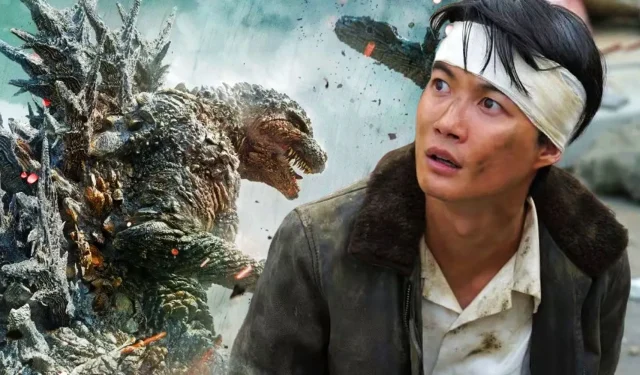
Godzilla Minus One, the latest film in the iconic franchise centered around the legendary Kaiju, features a thought-provoking title that resonates with the film’s deeper themes. As the narrative unfolds, it becomes evident that this installment seeks to recapture the essence of Godzilla’s Golden Age while stepping away from the expansive lore of the recent Monsterverse. The film has garnered acclaim and praise, positioning itself as one of the most well-received monster movies in recent times.
A notable refreshment in Godzilla Minus One lies in its human narrative. Unlike the recent emphasis on action-driven stories that characterized the Monsterverse, this film invests in its characters, offering a compelling human experience. This focus on character development distinguishes Godzilla Minus One from its predecessors. Furthermore, the slightly enigmatic title may initially confuse audiences, but its significance quickly becomes clear as the story progresses.
Unpacking the Title of Godzilla Minus One
Japan’s State Reflected in the Title
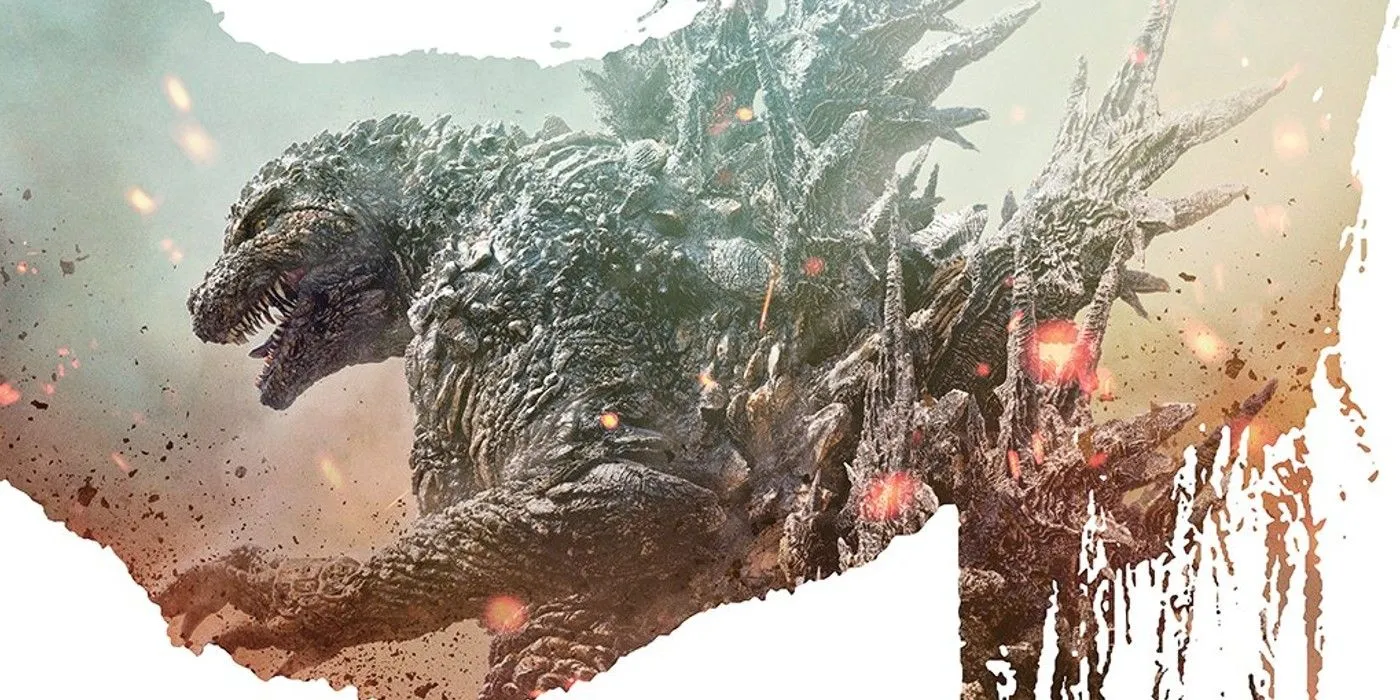
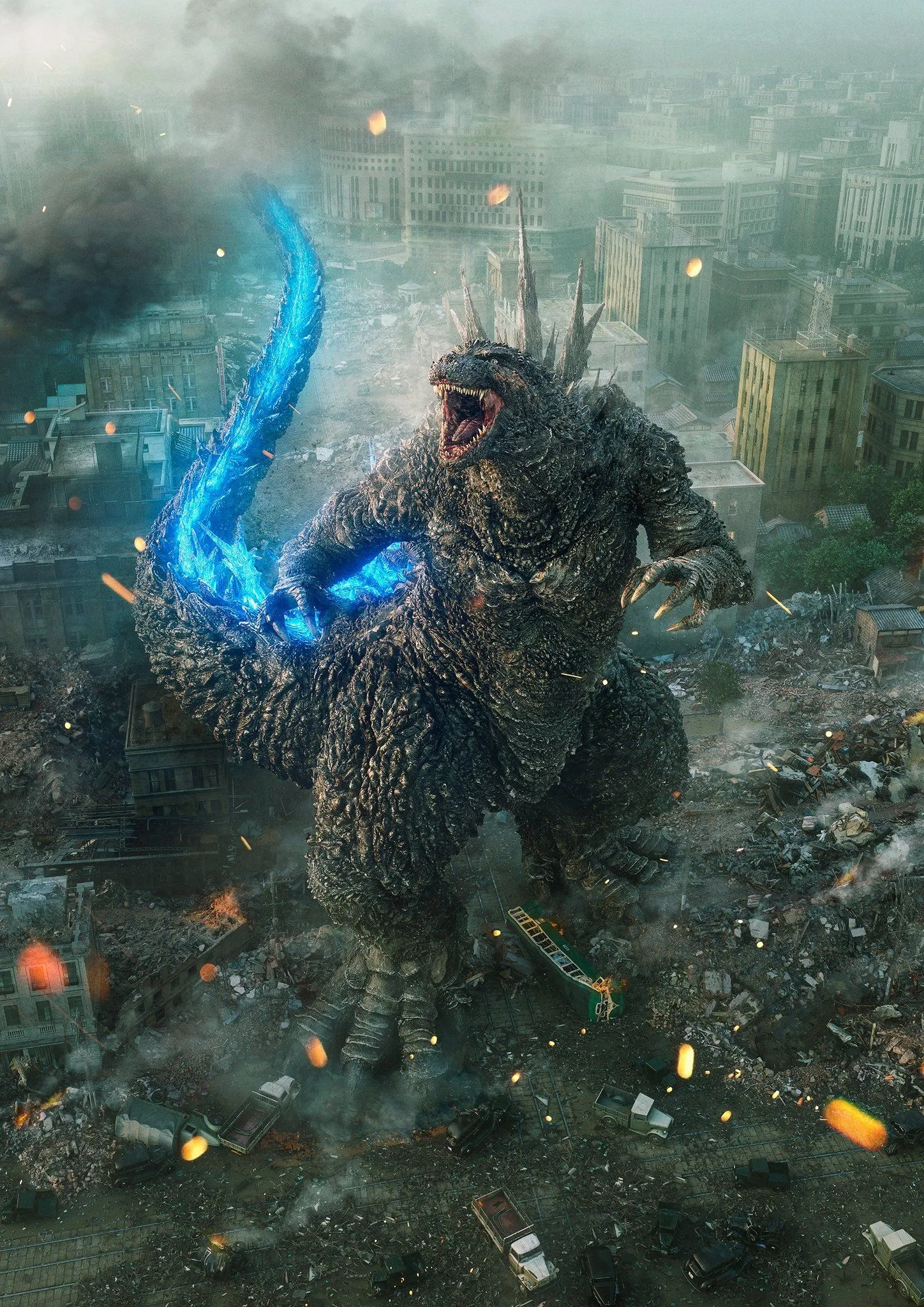
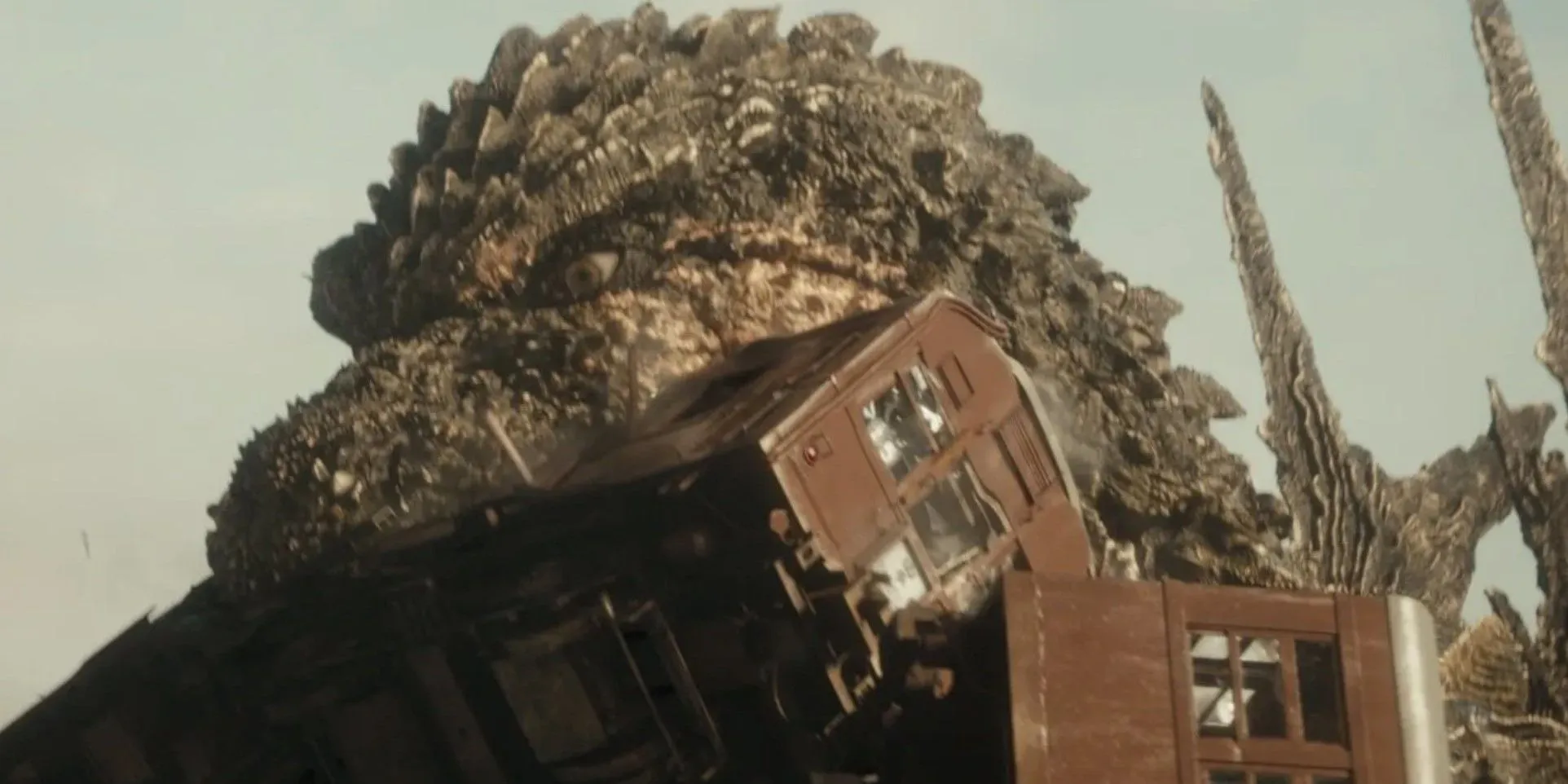
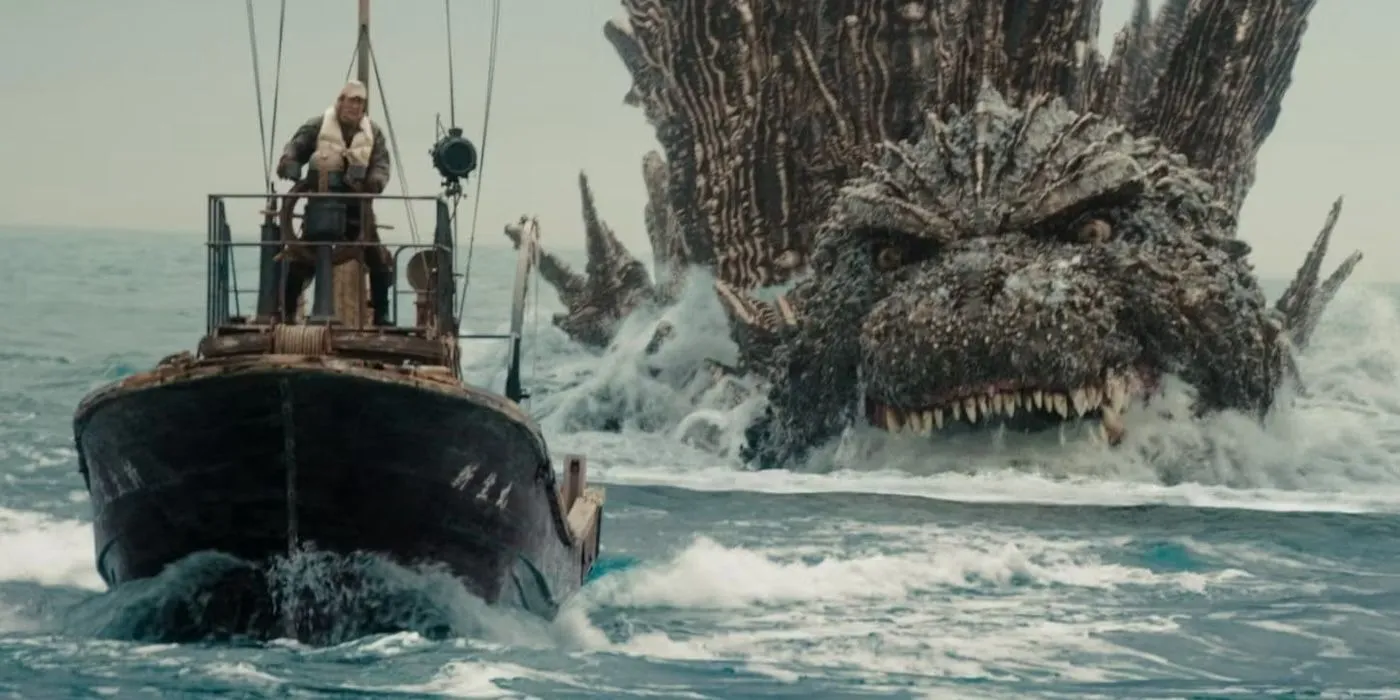

The title Godzilla Minus One symbolizes Japan’s devastating state post-World War II, representing the nation at its nadir. Following the repercussions of the conflict and the nuclear bombings of Hiroshima and Nagasaki, the film illustrates a country grappling with immense challenges. The arrival of Godzilla only exacerbates these hardships, embodying how the creature’s wrath pushes Japan further into despair. Therefore, the “Minus One” signifies that Godzilla’s terror has driven the country below zero.
Historically, Godzilla has served as an allegory for nuclear devastation, and this film reaffirms that connection. By returning to a Japan ravaged by war and trauma, Godzilla Minus One reintroduces audiences to the primal fears that the Kaiju represents, linking its legacy back to the traumatic events that shaped modern Japan.
Connecting the Title to the Narrative
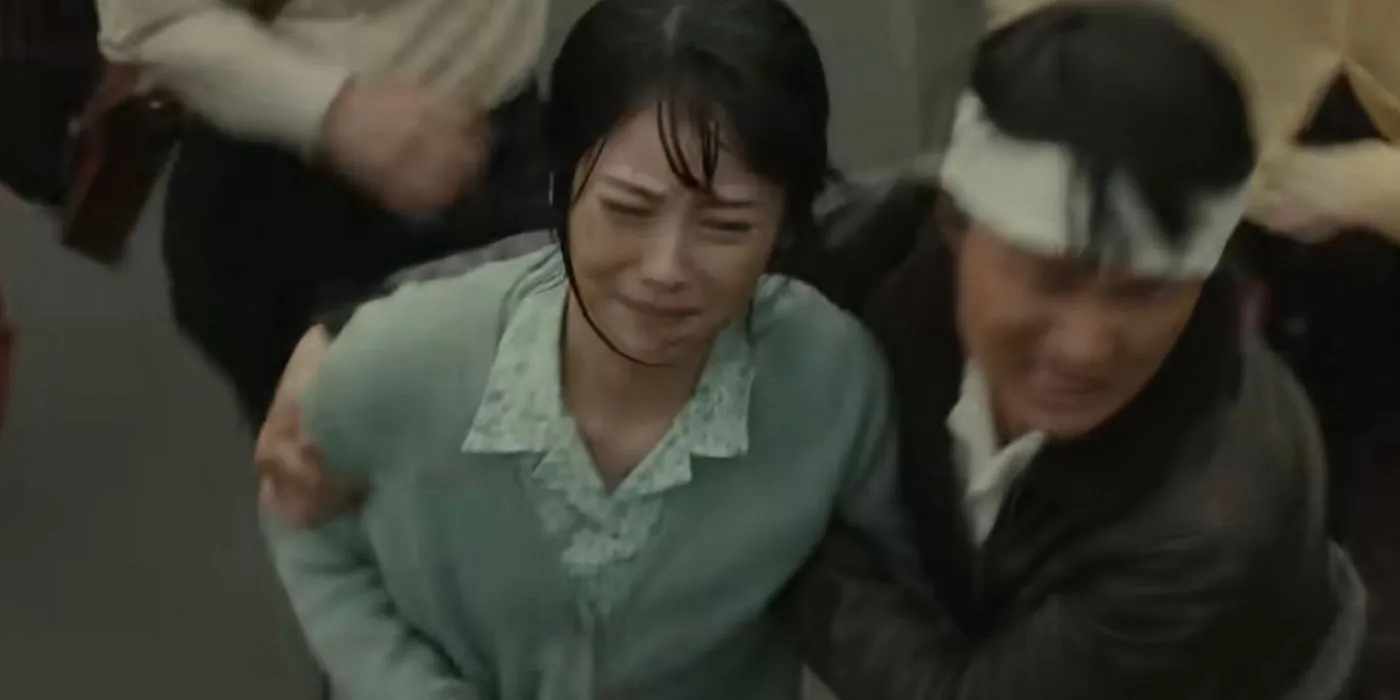
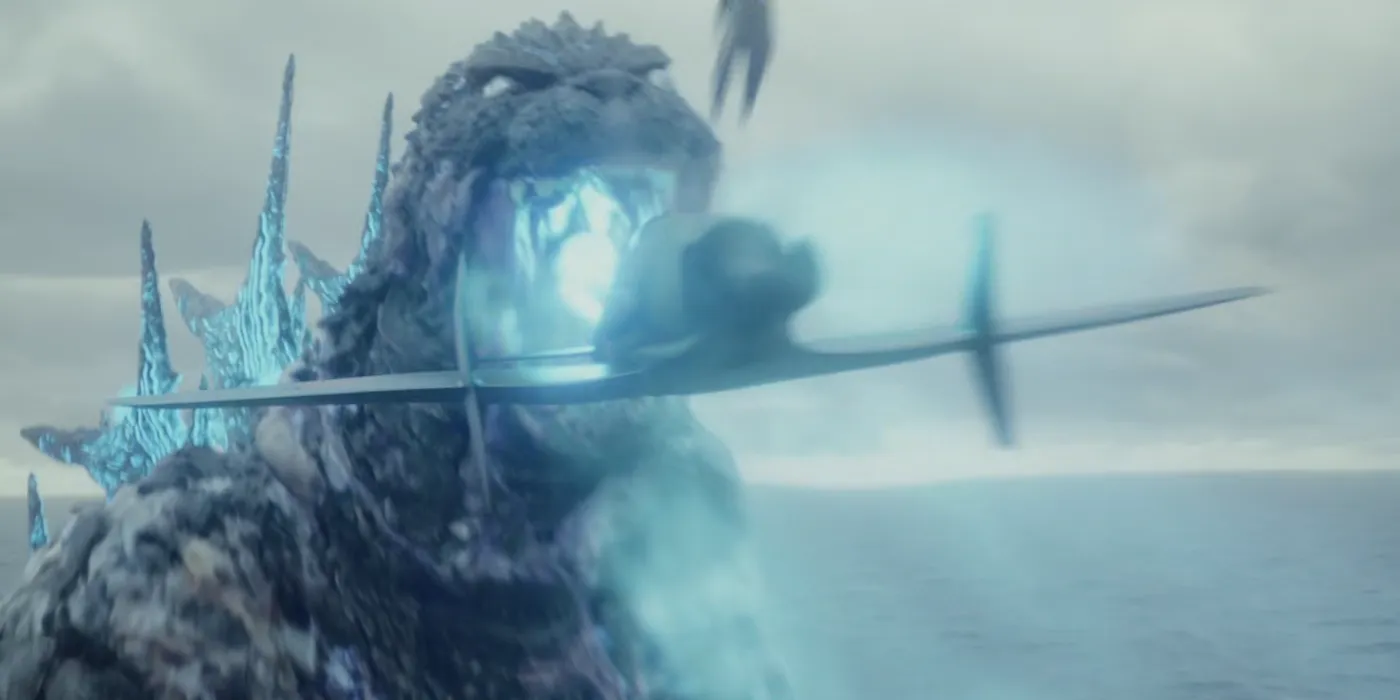
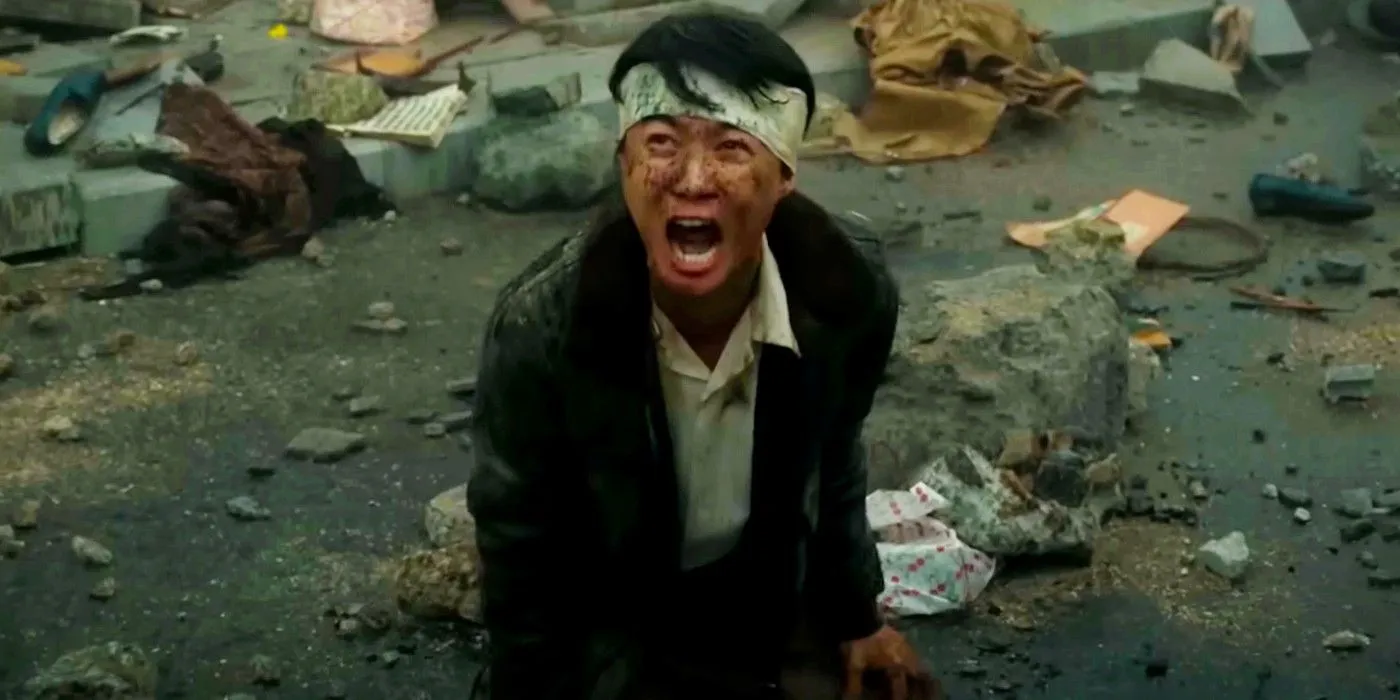
The connection between the title and the storyline is primarily established through Godzilla’s characterization. In contrast to recent Western depictions, where Godzilla is often portrayed as an antihero, Godzilla Minus One reverts to emphasizing the creature’s destructive forces as an uncontrollable natural disaster. This portrayal effectively encapsulates the film’s core metaphor, which draws parallels to the horrors of warfare rather than depicting the Kaiju as a heroic figure.
In doing so, Godzilla Minus One vividly illustrates the cataclysmic impact of the titular monster, shedding all vestiges of heroism. The film transforms Godzilla into a relentless force of devastation, which aligns with the film’s title and reinforces the longstanding narrative of what Godzilla represents in Japanese cinema.
A Unique Approach to Titling in the Franchise
Depth in Titling: A Rarity in the Franchise

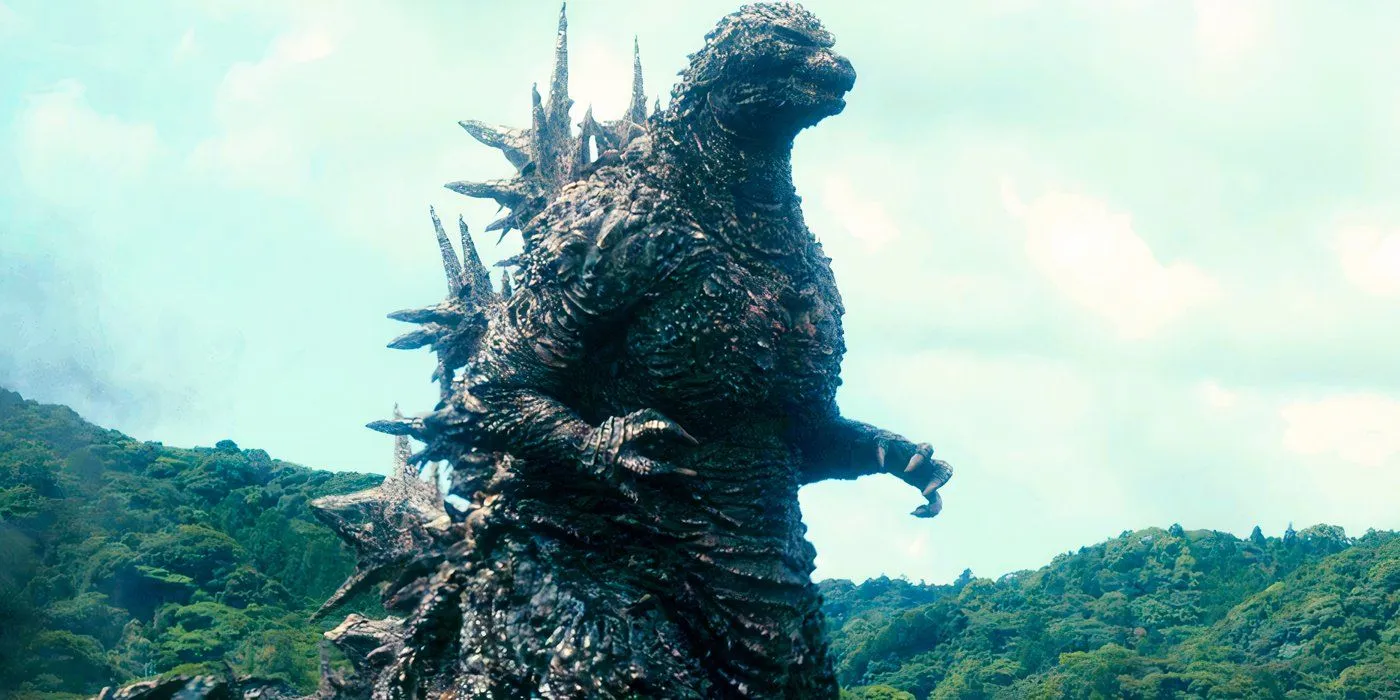
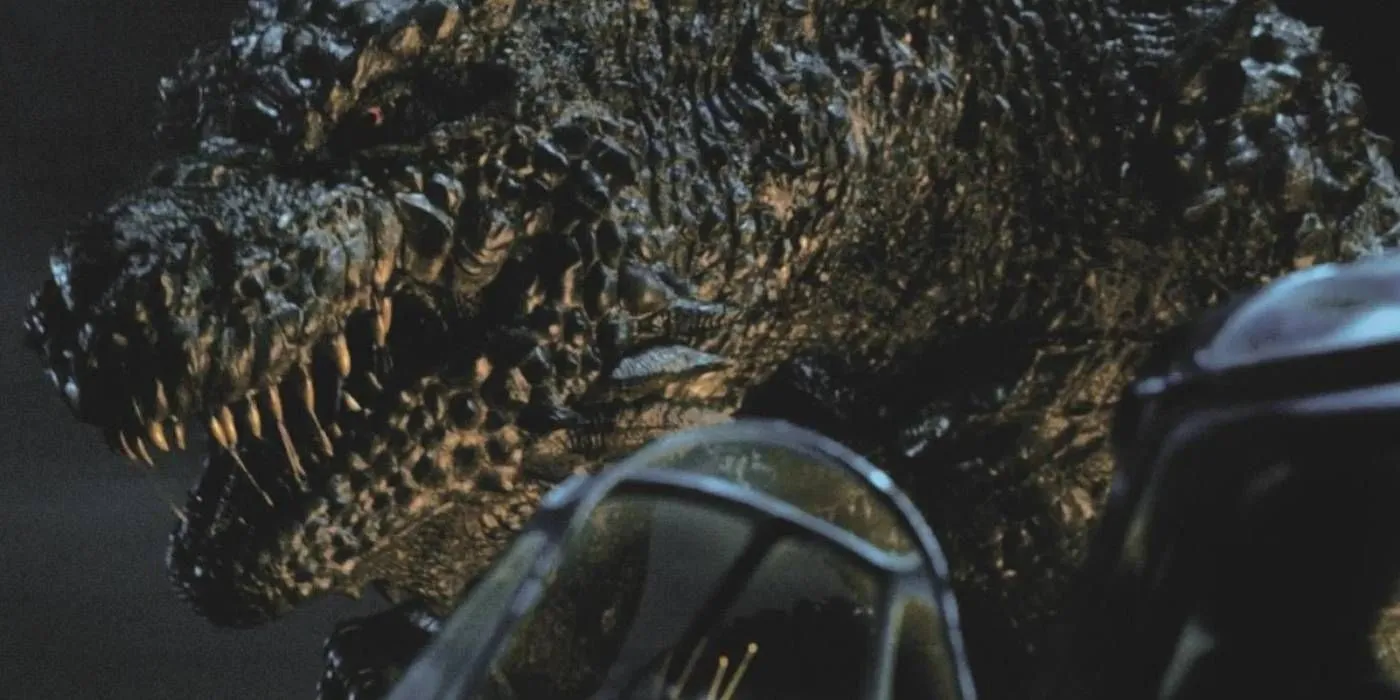
Unlike many films in the Godzilla franchise, Godzilla Minus One boasts a title with profound implications. Typically, Godzilla films adopt straightforward titles, providing a succinct overview of the plot. Classic entries like Godzilla and Godzilla Raids Again exemplify this trend, offering brief descriptions of each movie’s premise.
Many installments have revolved around battles with other Kaiju, encapsulated in titles devoid of deeper meanings. Titles such as King Kong vs. Godzilla and Godzilla vs. Mechagodzilla clearly convey their respective plots. In contrast, Godzilla Minus One breaks this mold by offering a title that invites deeper reflection and contemplation.
The Perfect Title for Godzilla Minus One
A Title that Embodies Narrative Depth
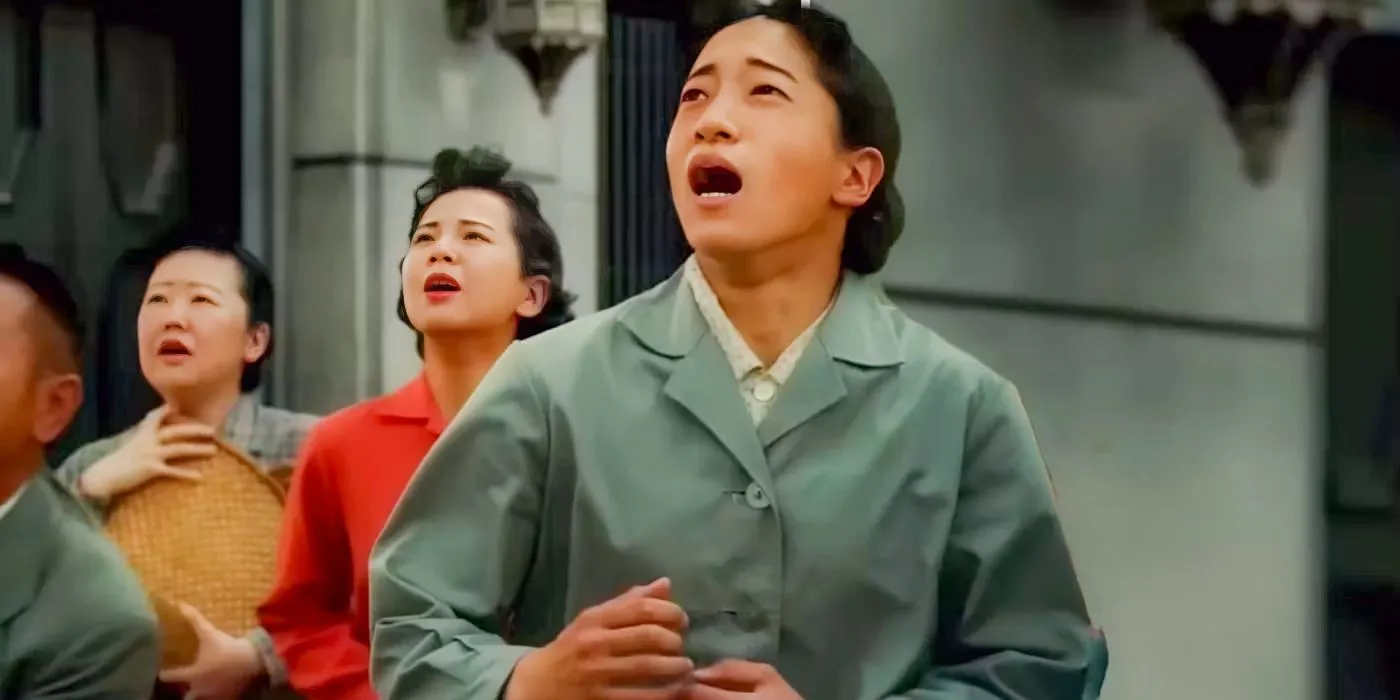
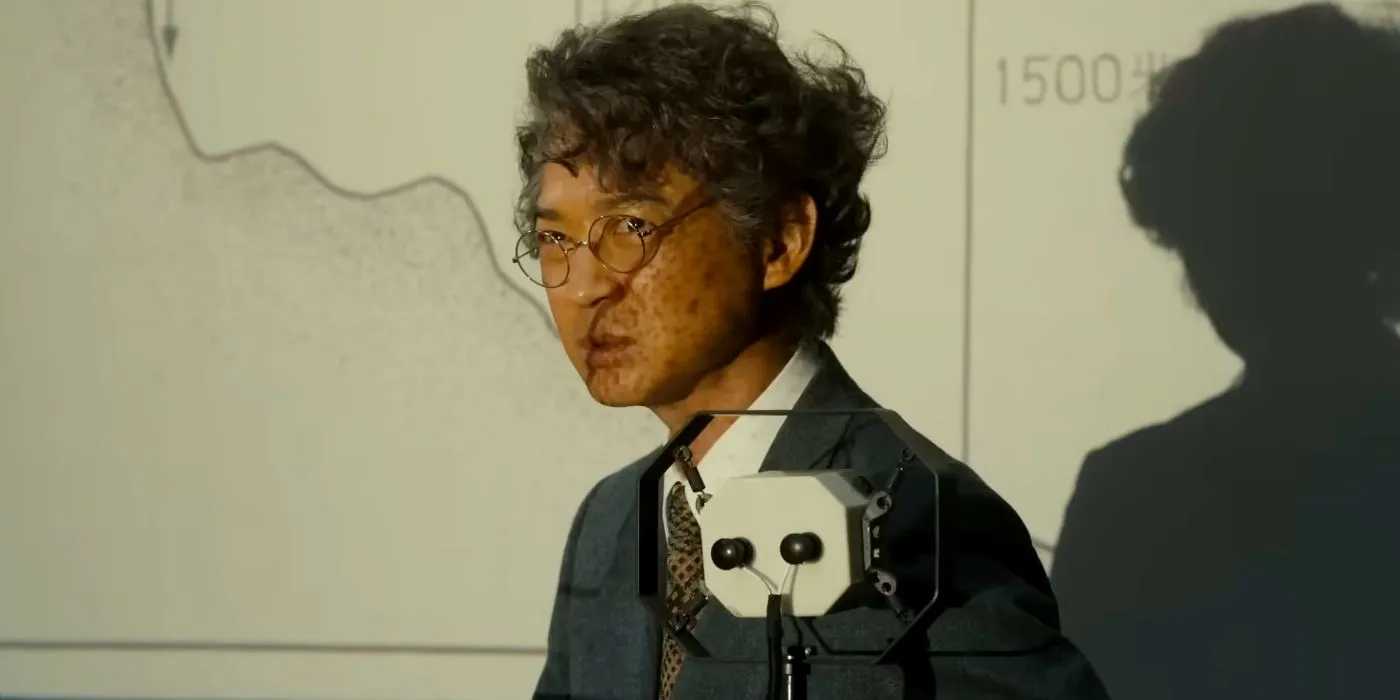
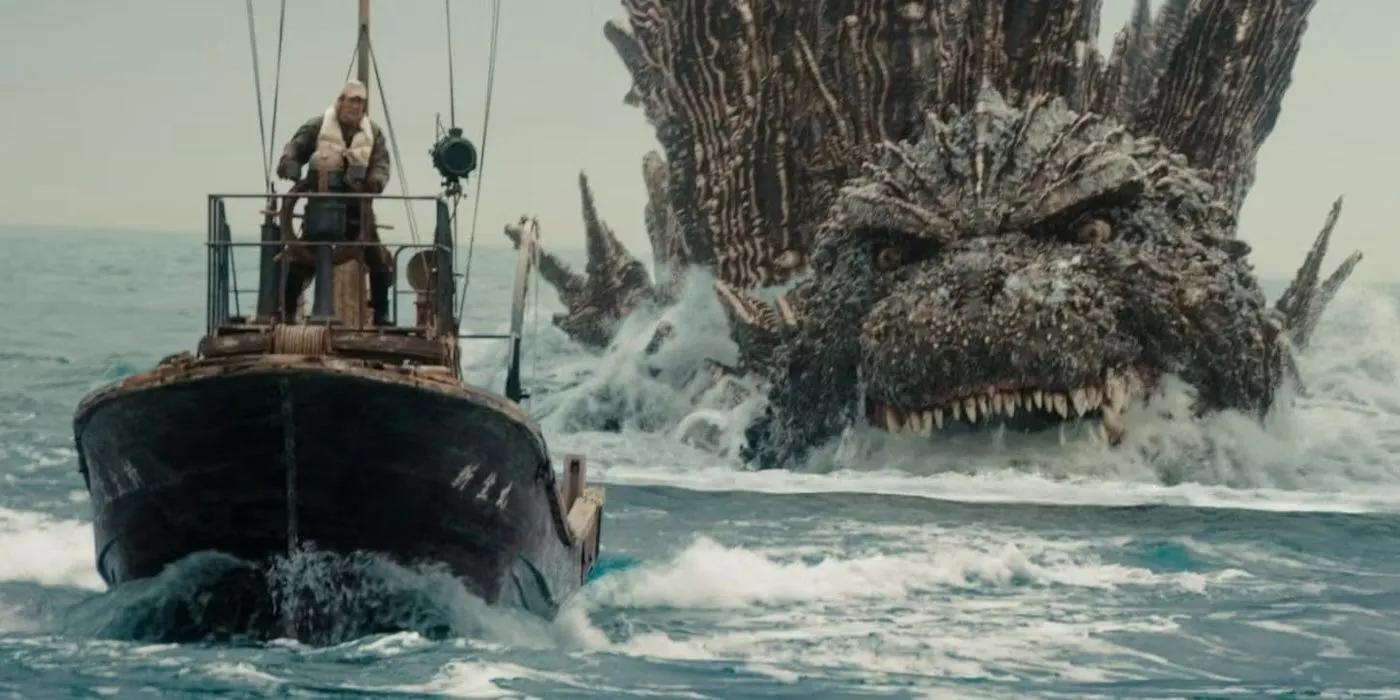
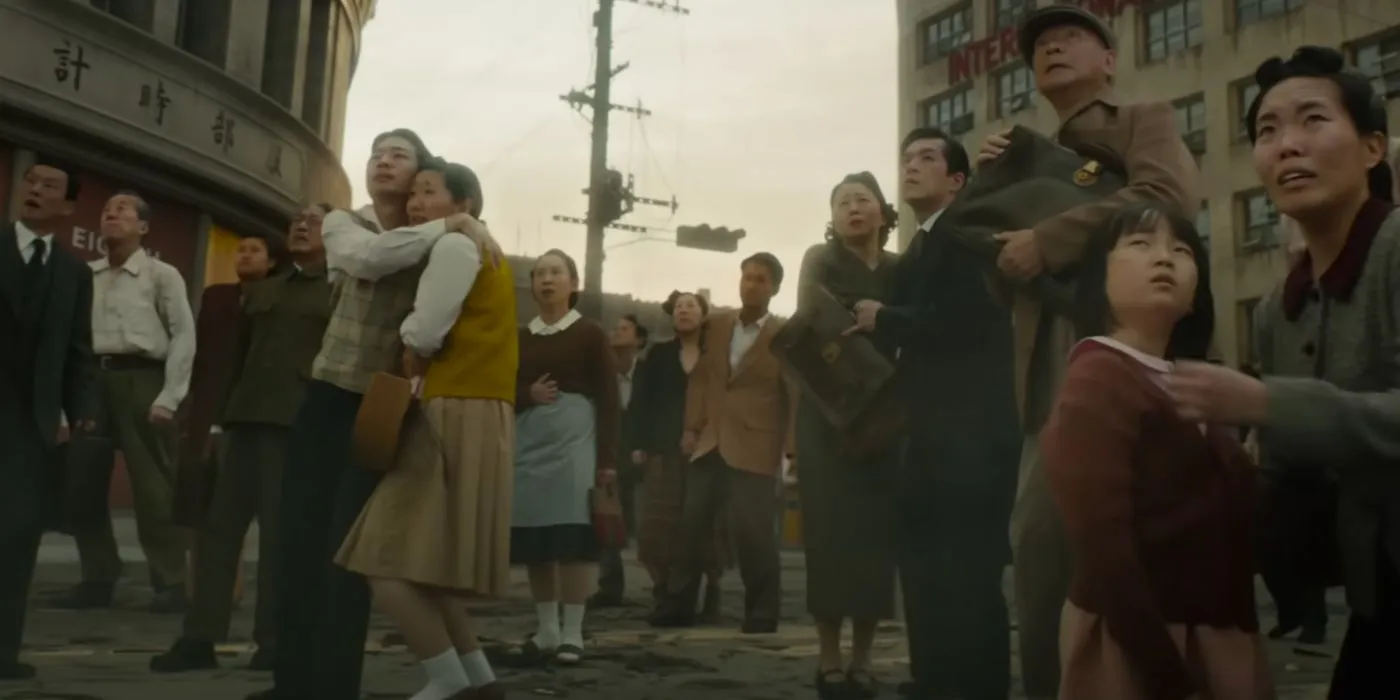
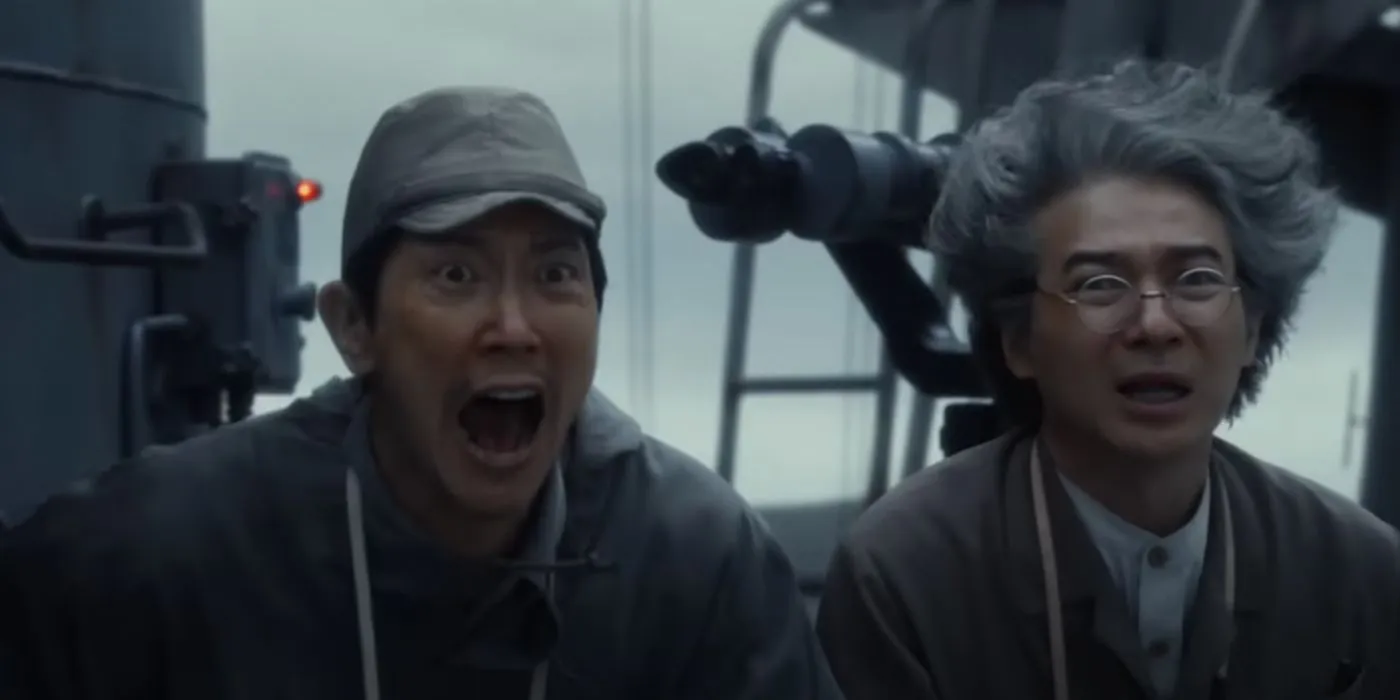
Given its layered meaning, Godzilla Minus One possesses a title that harmonizes beautifully with its grim themes. The film compellingly explores the narratives of war, loss, and devastation, and the title serves as a poignant reflection of those concepts.
|
Reception of Godzilla Minus One |
|||
|---|---|---|---|
|
Critical Rotten Tomatoes Score |
Audience Rotten Tomatoes Score |
IMDb Rating |
CinemaScore Rating |
|
98% |
98% |
7.9 |
‘A’ |
The title’s layered significance not only aligns with past titling conventions but also elevates the film to new heights. While initial impressions might render it perplexing, those familiar with the narrative will find that it encapsulates the film’s essence seamlessly.
A Standout in Godzilla’s Cinematic Legacy
Masterful Attention to Detail
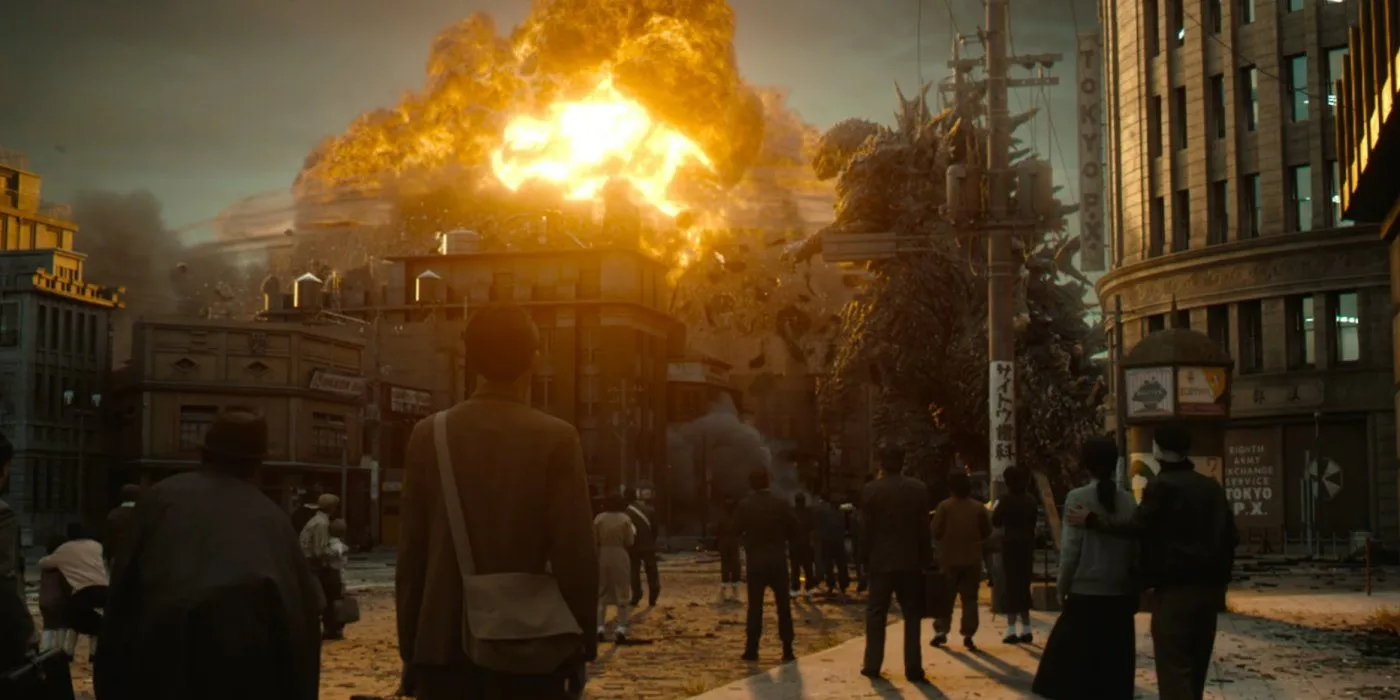
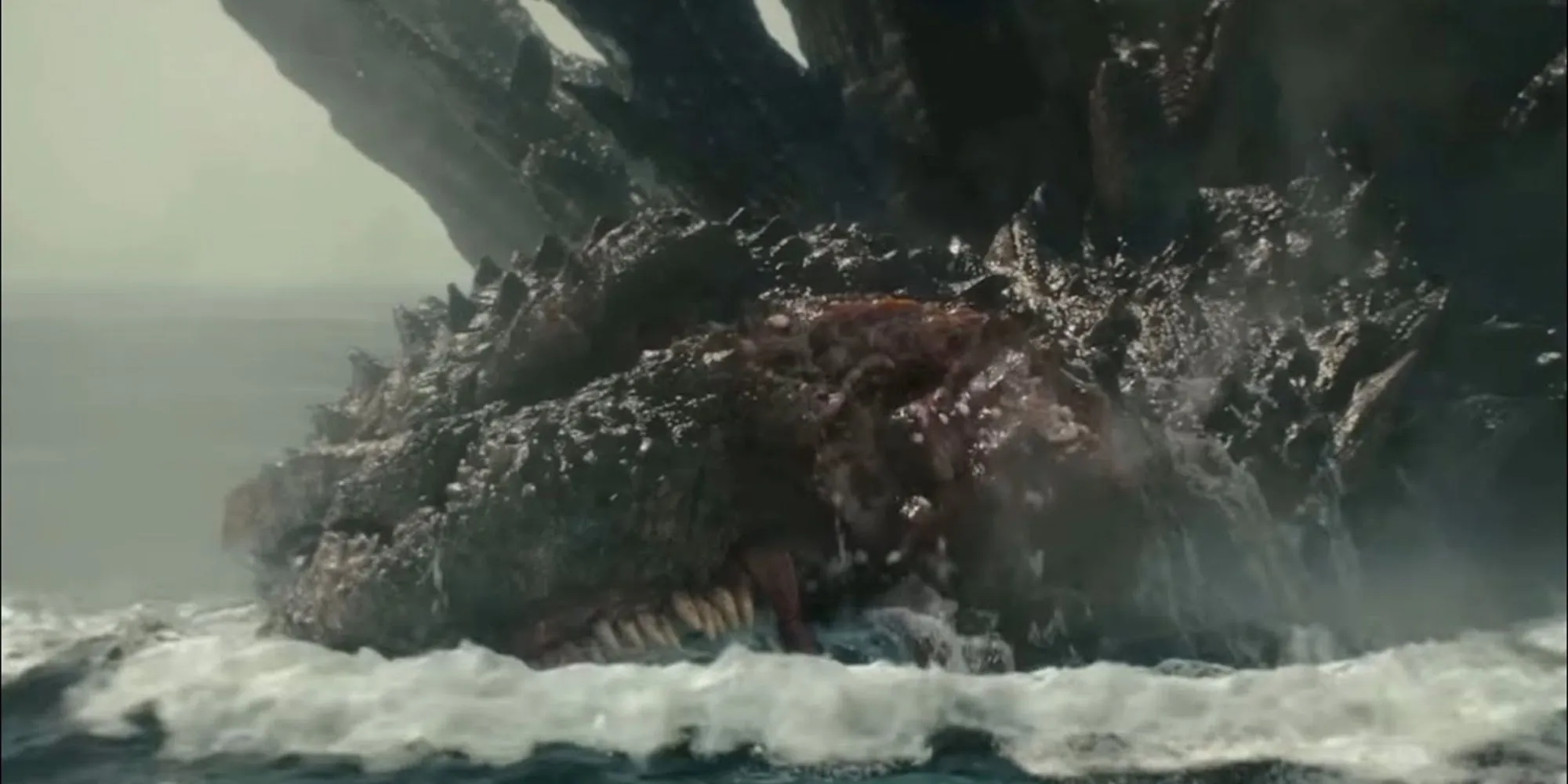
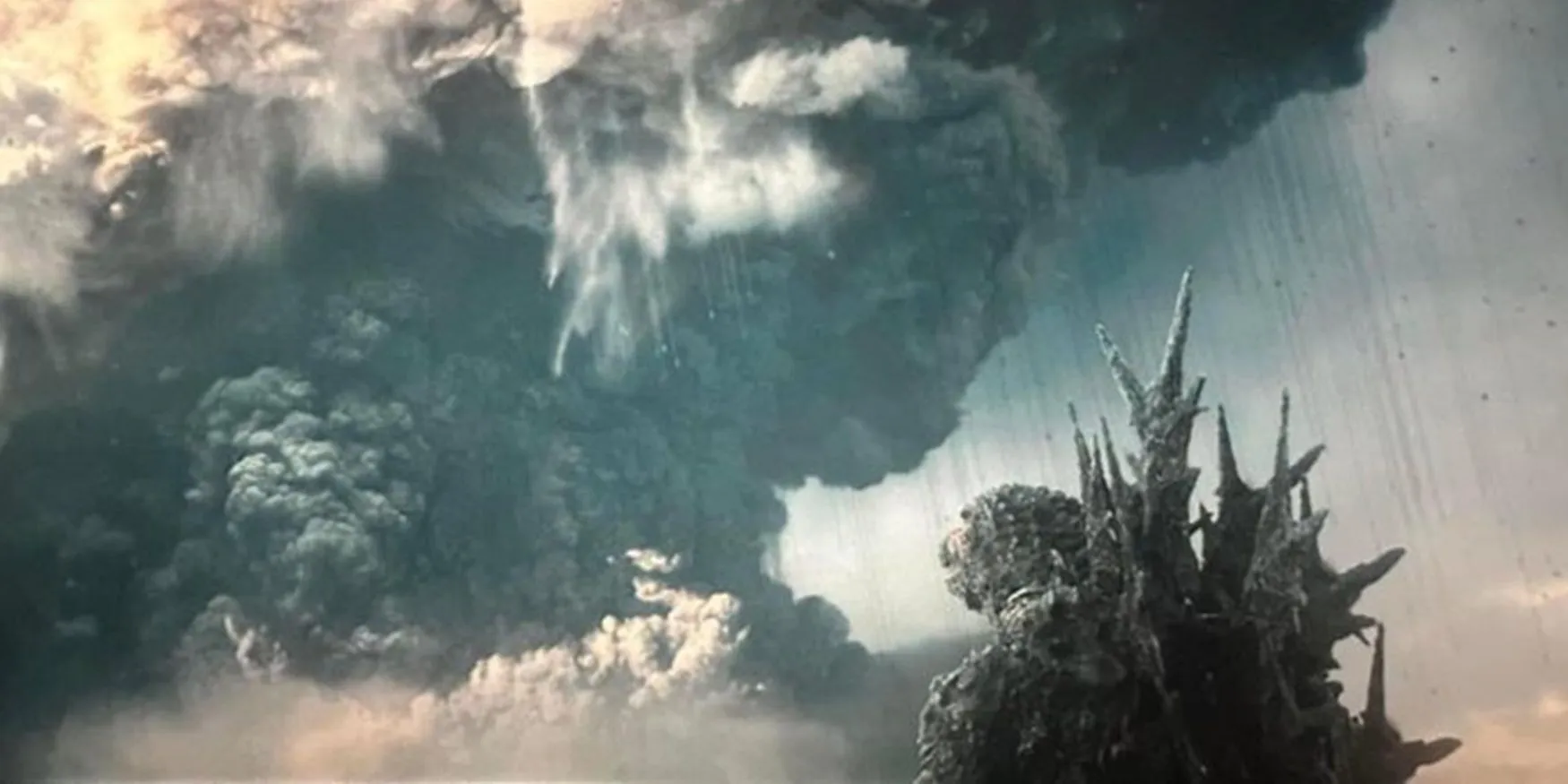
The title Godzilla Minus One not only serves as an impressive reflection of the narrative but also indicates the filmmakers’ intent to create a film that transcends typical monster movie tropes. In an era where the Monsterverse dominated the box office, this smaller yet impactful film emerged as both a surprise success and one of the most critically acclaimed entries in the series, highlighting its ambition to deliver a multifaceted story.
While the special effects in Godzilla Minus One have received rightful acclaim, it is the film’s narrative depth that distinguishes it from other entries that rely solely on visual spectacle. This film’s commitment to meaningful storytelling sharpens its message, providing a commentary on Japan’s historical context interwoven with the iconic monster’s lore. The conscious effort from the creators to craft strong characters and narratives resonates more powerfully than just action sequences, proving that emotional engagement can coexist with blockbuster entertainment in this genre.




Leave a Reply